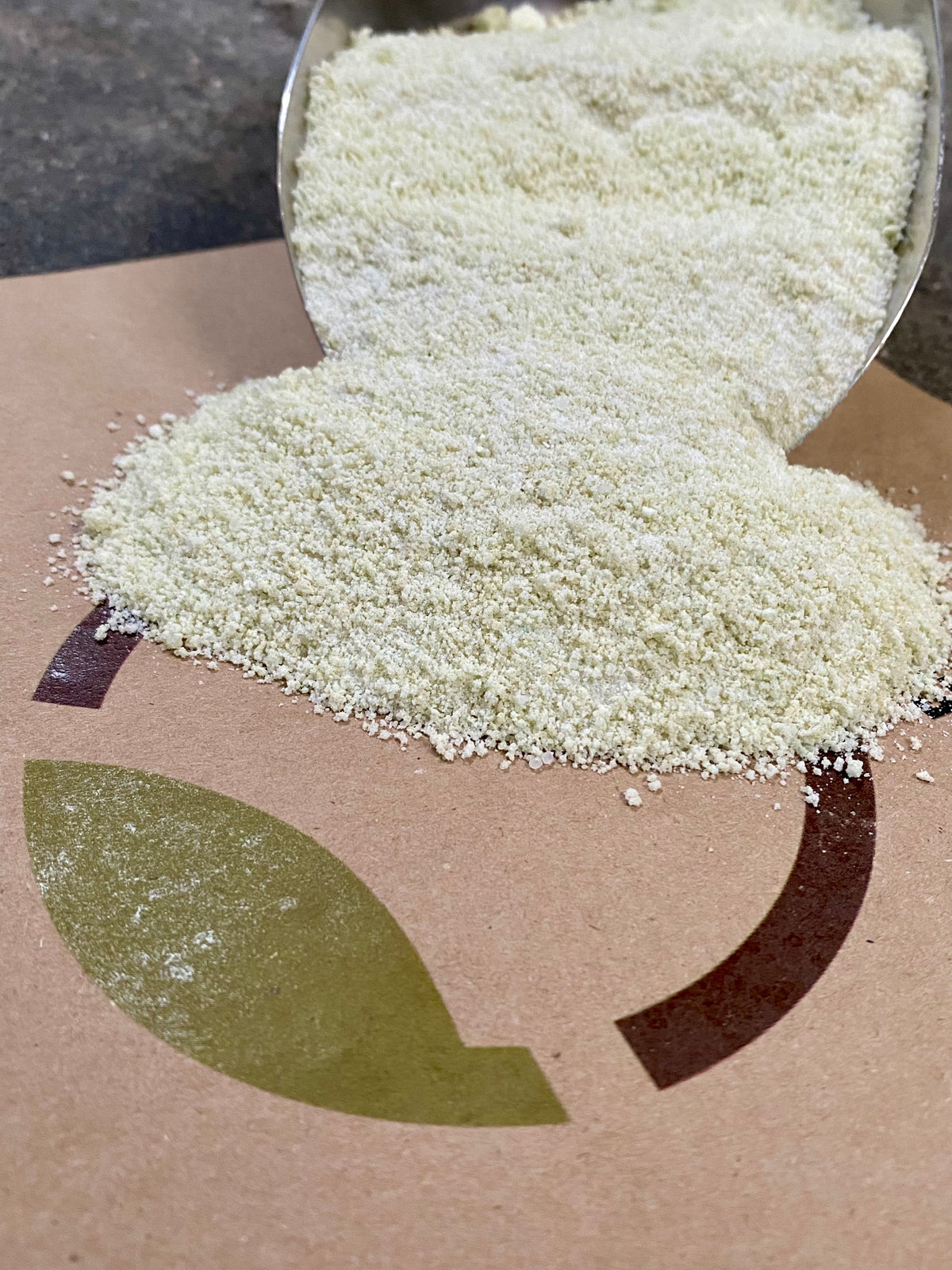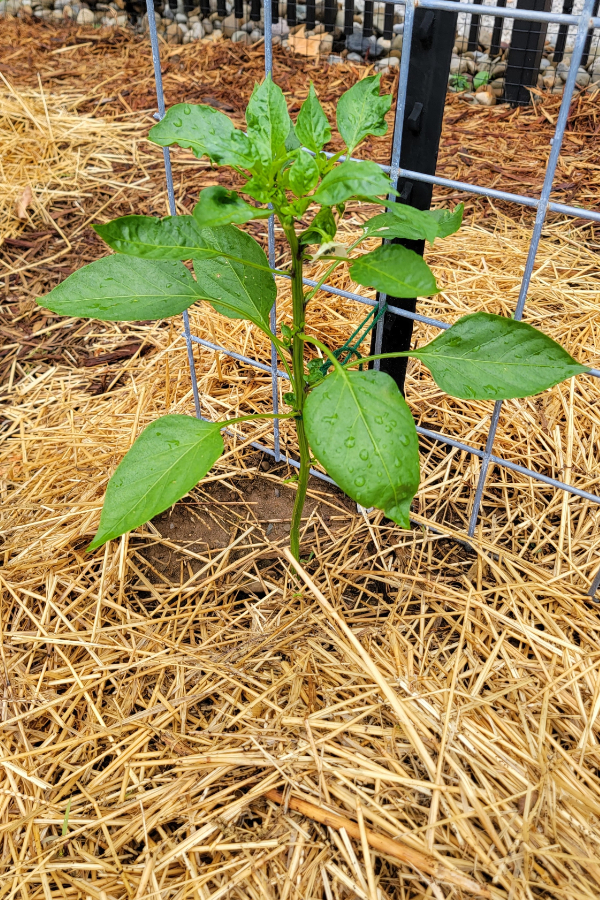Best Fertilizers for Peppers: Maximize Plant Health and Yield
Best Fertilizers for Peppers: Maximize Plant Health and Yield
Blog Article
The Ultimate Guide to Fertilizing Peppers: Enhancing Growth and Flavor Naturally
As pepper lovers seek to cultivate robust plants generating flavorful fruits, the role of fertilizing ends up being critical in accomplishing these goals. The trip to comprehending the complex balance of nutrients that peppers need for optimal growth and preference is a nuanced one. By discovering the benefits of all-natural fertilizers, unlocking the tricks behind pepper plant nutrient needs, and diving into the world of organic plant food alternatives, a world of possibilities arises for improving the vigor and flavor account of these beloved plants. Stay tuned to reveal the essential techniques and services that can raise your pepper-growing endeavors to brand-new elevations.
Advantages of All-natural Plant Foods
Natural plant foods offer a variety of benefits that add to the overall health and productivity of pepper plants. By enriching the dirt with organic matter, such as compost or manure, natural fertilizers enhance its water retention ability and nutrient-holding capabilities, producing a much more welcoming setting for pepper plants to flourish in.
In addition, all-natural fertilizers support a energetic and varied soil microbiome, cultivating beneficial microbial activity that helps in nutrient recycling and uptake by the plants. This microbial activity can assist suppress damaging virus and illness, decreasing the requirement for chemical treatments. In addition, natural plant foods promote long-lasting dirt wellness by preserving a balanced environment underground, which in turn supports the overall health and durability of pepper plants over ground.
Understanding Pepper Plant Nutrient Demands
Having actually established the benefits of organic fertilizers in improving dirt health and wellness and promoting microbial task, the focus now moves to comprehending the particular nutrient demands essential for optimum development and flavor in pepper plants.

Comprehending the certain nutrient requirements of pepper plants is important for attaining abundant harvests with superb flavor. By providing the appropriate balance of nutrients via natural fertilizers or dirt amendments, cultivators can make sure healthy, strenuous plants that create flavorful peppers throughout the growing season.
Organic Plant Food Options for Peppers
In improving the development and taste of pepper plants, selecting the proper organic fertilizers is a crucial factor to consider. Organic fertilizers provide a lasting and all-natural means to nurture pepper plants without presenting damaging chemicals to the soil and environment. One preferred option is compost, which enriches the dirt with important nutrients and improves its framework, promoting healthy root development and total plant growth. Furthermore, garden compost helps keep wetness in the dirt, lowering water anxiety on pepper plants during heat.
Another efficient organic fertilizer for peppers is aged manure. Rich in phosphorus, nitrogen, and potassium, aged manure offers a well balanced nutrient mix that sustains energetic development and bountiful fruit production (best fertilizers for peppers). It is essential to make use of well-aged manure to avoid burning the plants with excess ammonia
Fish view publisher site emulsion is a fast-acting natural plant food that provides pepper plants with a fast increase of nutrients. Originated from fish waste, this plant food is high in nitrogen, making it particularly helpful during the beginning of pepper plant growth. Fish solution is easy to use and is conveniently absorbed by the plants, advertising healthy and balanced foliage and solid origin advancement.
When selecting a natural fertilizer for peppers, consider the details nutrient requirements of your plants and choose for alternatives that align with your gardening practices and worths.
Ideal Practices for Fertilizing Pepper Plant Kingdoms
Considering the significance of choosing ideal organic plant foods for pepper plants, carrying out finest methods for fertilization is important to make sure optimal development and flavor growth. It is also important to fertilize pepper plants at the best time, generally prior to growing and during vital growth phases such as blooming and fruit advancement.
One more critical method is to avoid over-fertilization, as this can lead to nutrient discrepancies, stunted growth, or also plant damages (best fertilizers for peppers). Adhering to advised dose directions Visit Website and not surpassing them is vital for the total health and wellness of the pepper plants. In addition, incorporating raw material right into the dirt with compost or mulching can help improve soil structure, water retention, and nutrient availability, advertising healthier pepper plants with improved taste accounts. By sticking to these ideal techniques, you can properly nourish your pepper plants and attain bountiful harvests with superior preference and high quality.
Troubleshooting Common Fertilizing Issues

pH imbalance is one more issue that can impact nutrient uptake in pepper plants. When the dirt pH is also low or too high, specific nutrients come to be unavailable to the plants. Regularly testing the soil pH and making adjustments making use of natural amendments can assist maintain an appropriate pH level for ideal plant growth. Finally, irregular fertilizing methods can result in unequal growth and fruit development. Establishing a normal fertilizing schedule and adhering to advised application prices can aid avoid this problem and ensure healthy pepper plants throughout the growing season.
Final Thought
Finally, making use of natural plant foods can significantly enhance the development and taste of pepper plants. By recognizing the nutrient demands of this contact form pepper plants and selecting organic plant food alternatives, gardeners can effectively advertise vigorous and healthy growth. Complying with best practices for feeding pepper plants and troubleshooting typical fertilizing issues can help guarantee successful farming of peppers. On the whole, appropriate fertilization strategies are important for making best use of the return and high quality of pepper plants.
By exploring the benefits of all-natural plant foods, opening the tricks behind pepper plant nutrient requires, and delving into the world of natural plant food options, a world of opportunities emerges for improving the vitality and flavor account of these precious plants.Fish emulsion is a fast-acting natural fertilizer that provides pepper plants with a quick boost of nutrients. It is additionally essential to fertilize pepper plants at the appropriate time, generally before planting and during key growth stages such as flowering and fruit advancement.
By recognizing the nutrient requirements of pepper plants and selecting natural fertilizer alternatives, gardeners can successfully promote healthy and energetic growth. Complying with best practices for fertilizing pepper plants and fixing usual fertilization issues can help ensure successful cultivation of peppers.
Report this page